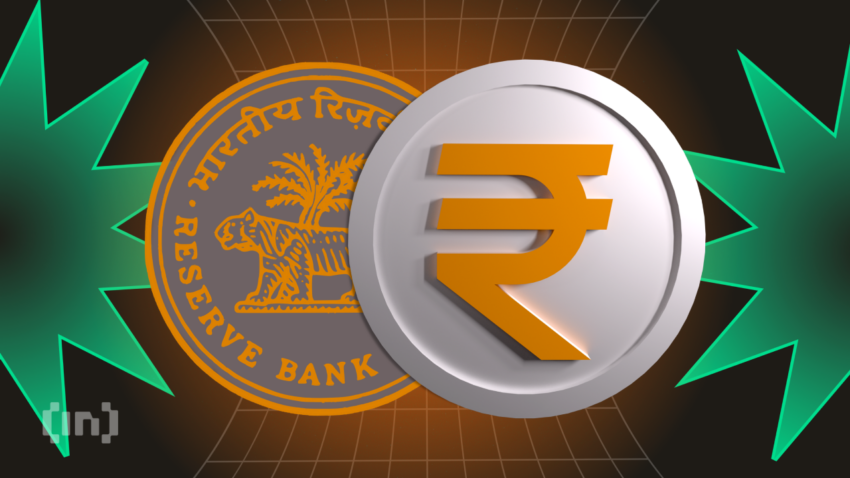Now Reading: India’s Energy Choices Under Pressure? Trump’s Tariff Warning Sparks Debate
-
01
India’s Energy Choices Under Pressure? Trump’s Tariff Warning Sparks Debate
India’s Energy Choices Under Pressure? Trump’s Tariff Warning Sparks Debate

As Donald Trump hints at imposing tariffs on Indian goods over its oil trade with Russia, questions are once again being raised about India’s foreign policy balancing act. While the country continues to buy discounted Russian oil to manage domestic energy needs, global scrutiny—especially from the US—is intensifying. And now, BJP leader Baijayant Jay Panda’s response to Trump’s remarks has brought the issue into sharper political focus.
What’s the Tariff Threat About?
During a recent interview, Donald Trump suggested that if re-elected as US President, he would consider tariffs on India due to its continued oil purchases from Russia. The comment comes at a time when global tensions remain high over the ongoing Russia-Ukraine war, and many Western nations are pushing to isolate Russia economically.
For India, which imports over 80% of its crude oil, affordability is non-negotiable. Russian oil offers a cheaper alternative amid global price volatility—especially critical for a growing economy that’s trying to shield its citizens from inflation.
India’s Stand: Strategic Autonomy
BJP’s Baijayant Jay Panda responded sharply, defending India’s energy choices and reminding that foreign policy isn’t shaped by foreign pressure. He cited the legacy of Henry Kissinger to argue that national interest comes first—whether it’s trade, diplomacy, or defence.
India has maintained a delicate balance—engaging with the West for trade and security cooperation while also maintaining ties with Russia, its longstanding defence partner. The oil imports are not just about economics but also about securing strategic autonomy in a multipolar world.
Why This Matters for Tier 2 India
Fuel prices directly affect transportation, agriculture, and small businesses in Tier 2 cities. If Indian oil imports from Russia are curtailed due to pressure or tariffs, the result could be higher domestic fuel prices, which will hit middle- and lower-income families the hardest.
Unlike metros that might absorb price shocks through subsidies or alternatives, smaller cities often face the brunt with limited public transport and supply chain dependencies. That’s why India’s stand on affordable energy isn’t just geopolitics—it’s a kitchen-table issue for millions.
Looking Ahead
Trump’s tariff comments may be campaign rhetoric, but they signal what could come if leadership changes in the US. India will have to carefully navigate its ties, continuing to assert its energy independence while maintaining trade ties with key partners.
Conclusion
India’s decision to buy oil from Russia isn’t just about diplomacy—it’s about economic survival and long-term strategy. While global politics shift, India seems clear: it won’t compromise its national interest, even under pressure. Whether that stance holds if tariffs actually land on Indian goods is a question that may define future trade relations.

























